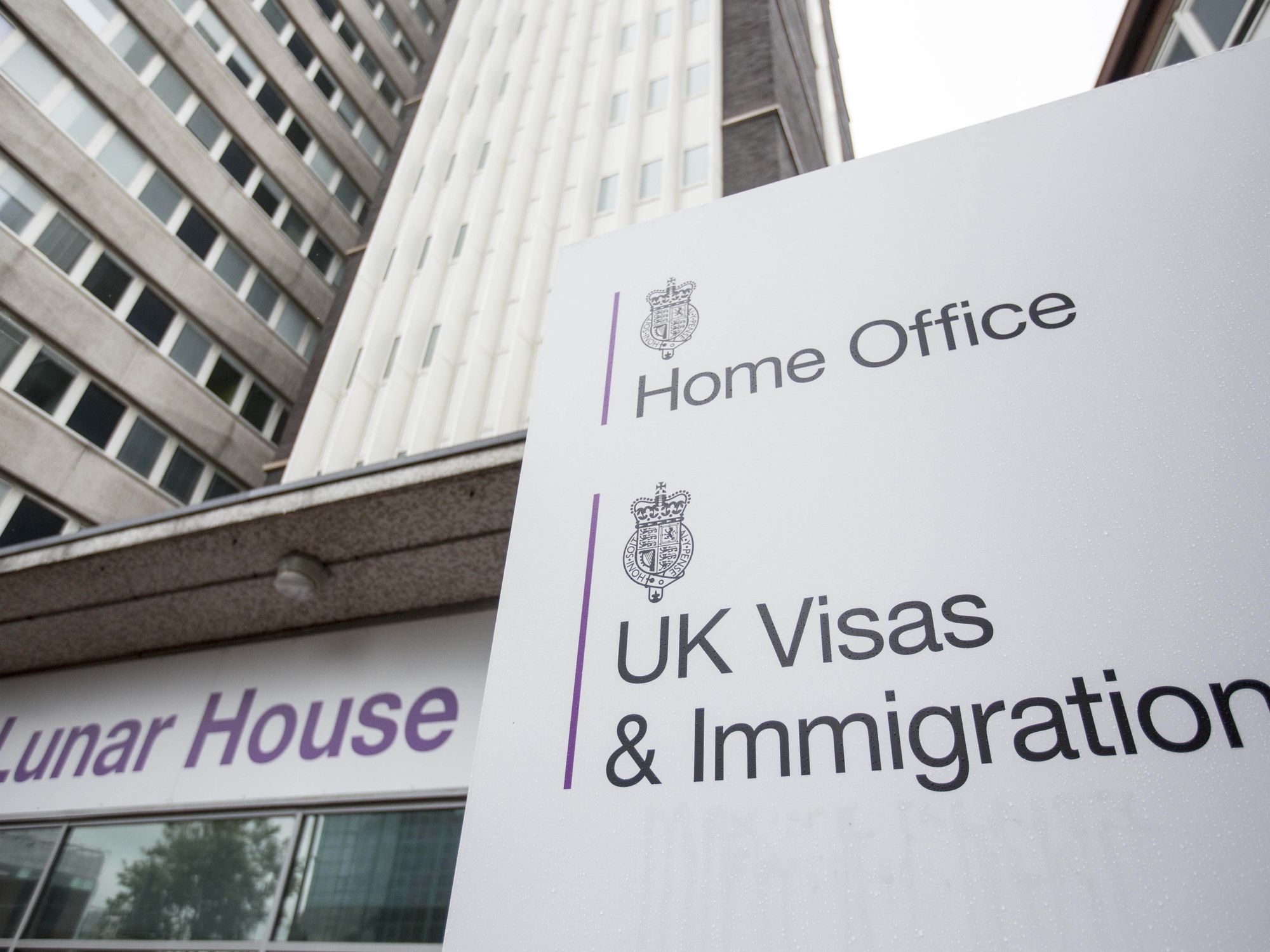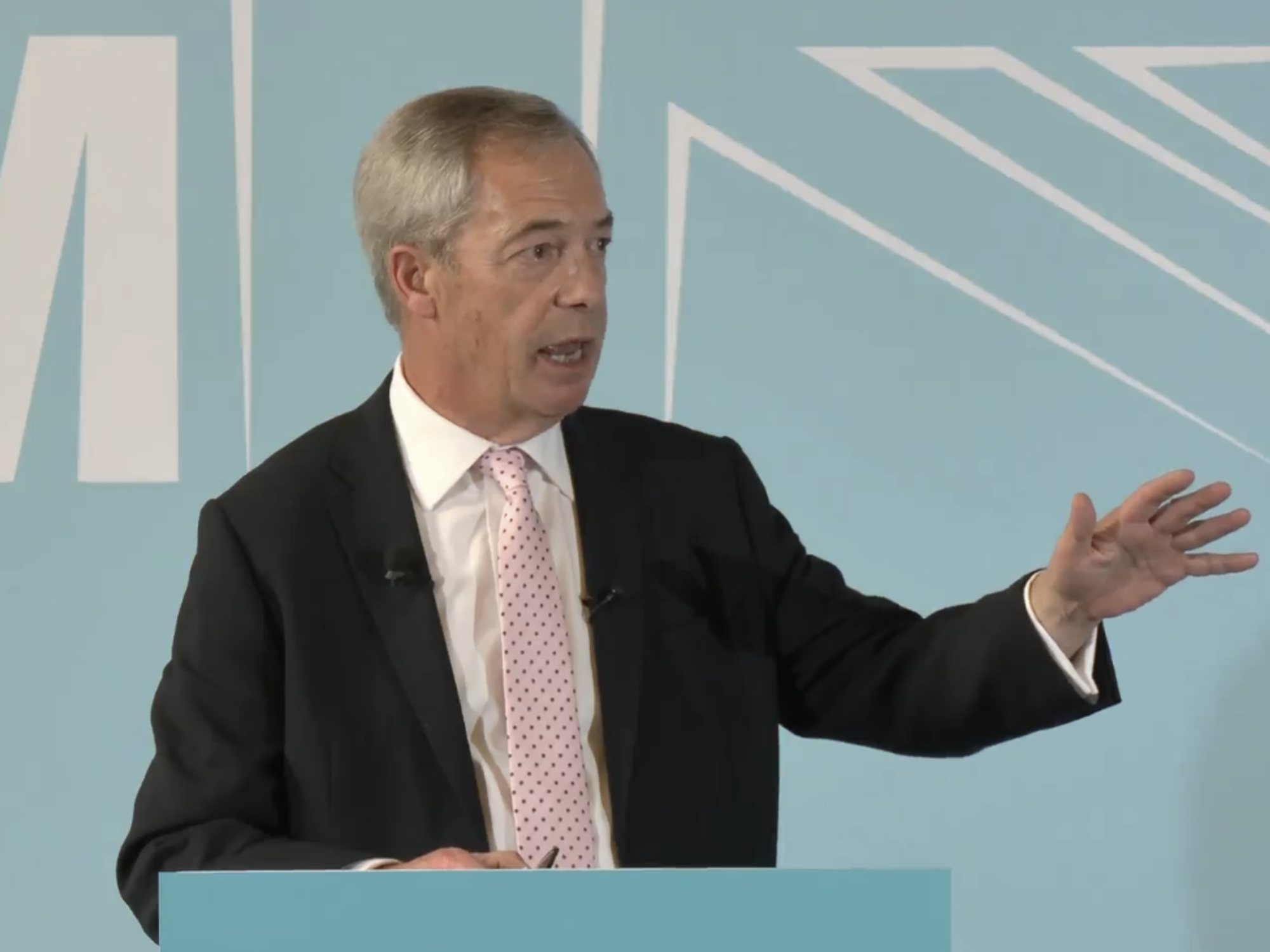HMRC urges people who have made money on crypto to make crucial check or risk £100 penalty

HMRC is urging people with cryptoassets to check if they need to complete a Self Assessment tax return this month
|GETTY

Anyone with cryptoassets will need to declare any income or gains above the tax-free allowance on a tax return
Don't Miss
Most Read
Cryptoasset users are being urged by HMRC to check if they need to do a Self Assessment tax return, ahead of the deadline this month.
Failing to meet the deadline could result in an initial £100 fixed penalty and potentially extra charges.
HMRC said tax may be due if a person receives cryptoassets from employment, if they’re held as part of a trade, or they are involved in crypto-related activities that generate an income.
Tax may also be due when a person sells or exchanges cryptoassets, including:
- Selling cryptoassets for money
- Exchanging one type of cryptoasset for another
- Using cryptoassets to make purchases
- Gifting cryptoassets to another person
- Donating cryptoassets to charity
The deadline to complete a Self Assessment tax return for the 2022 to 2023 tax year is January 31 this month.

HMRC is urging people to avoid potential penalties and check if they are affected by the upcoming deadline
|GETTY
With the use of cryptoassets growing, HMRC is urging people to avoid potential penalties and check if they are affected by the upcoming deadline.
People can check if they need to complete a tax return online using a free tool on Gov.uk.
Myrtle Lloyd, HMRC’s Director General for Customer Services, said: “People sometimes forget that information about crypto-related income and gains need to be included in their tax return.
“Some people affected may not have had to do a tax return before, so it is important people check.
“With the Self Assessment deadline just a matter of weeks away, I am urging people not to put off completing it.”
Customers with cryptoassets will need to complete a Self Assessment tax return in pound sterling where:
- Their total taxable gain is above the annual tax-free allowance
- They receive cryptoassets from employment and income tax and National Insurance contributions have not been paid through PAYE
- Their total income is above the annual tax-free allowance they receive, including income from crypto-related activity
People who are unable to pay the tax they owe in full can access support and advice on the government website.
LATEST DEVELOPMENTS:
It may be HMRC can help by arranging an affordable payment plan, known as Time to Pay, for those who owe less than £30,000. Time to Pay can be arranged by themselves online on Gov.uk.
HMRC considers a person’s reasons for not being able to meet the deadline, and those deemed to provide a “reasonable excuse” may avoid a penalty.
The penalties for late tax returns are:
- An initial £100 fixed penalty, which applies even if there is no tax to pay, or if the tax due is paid on time
- After three months, additional daily penalties of £10 per day, up to a maximum of £900
- After six months, a further penalty of five per cent of the tax due or £300, whichever is greater
- After 12 months, another five per cent or £300 charge, whichever is greater
There are also additional penalties for paying late of five per cent of the tax unpaid at 30 days, six months and 12 months, and interest will be charged on any tax paid late.










